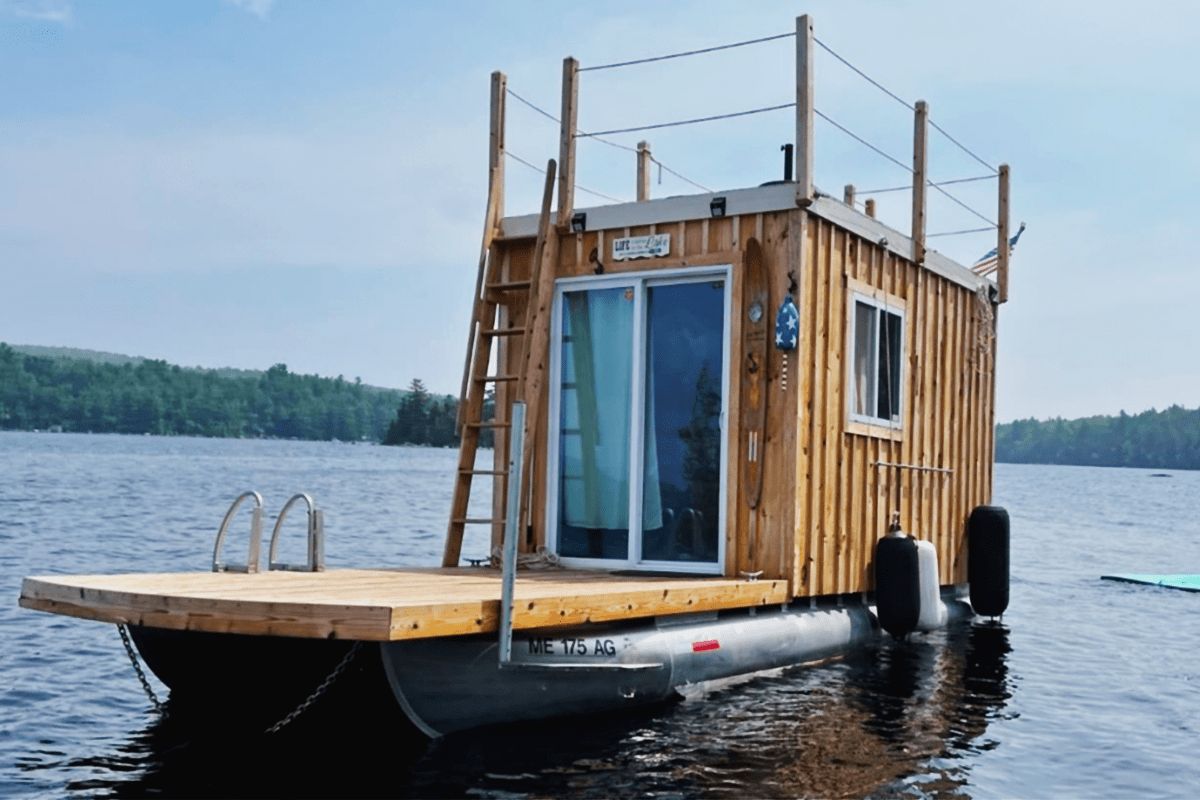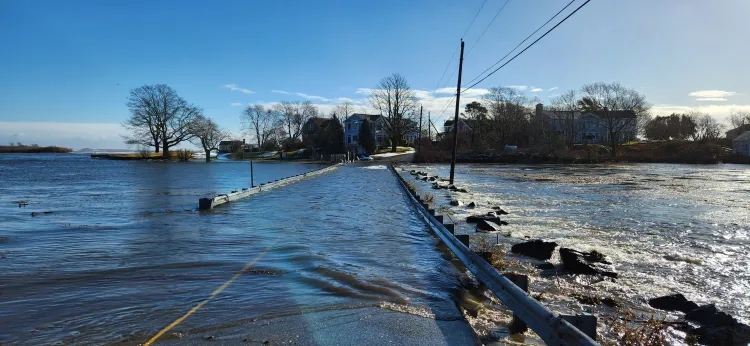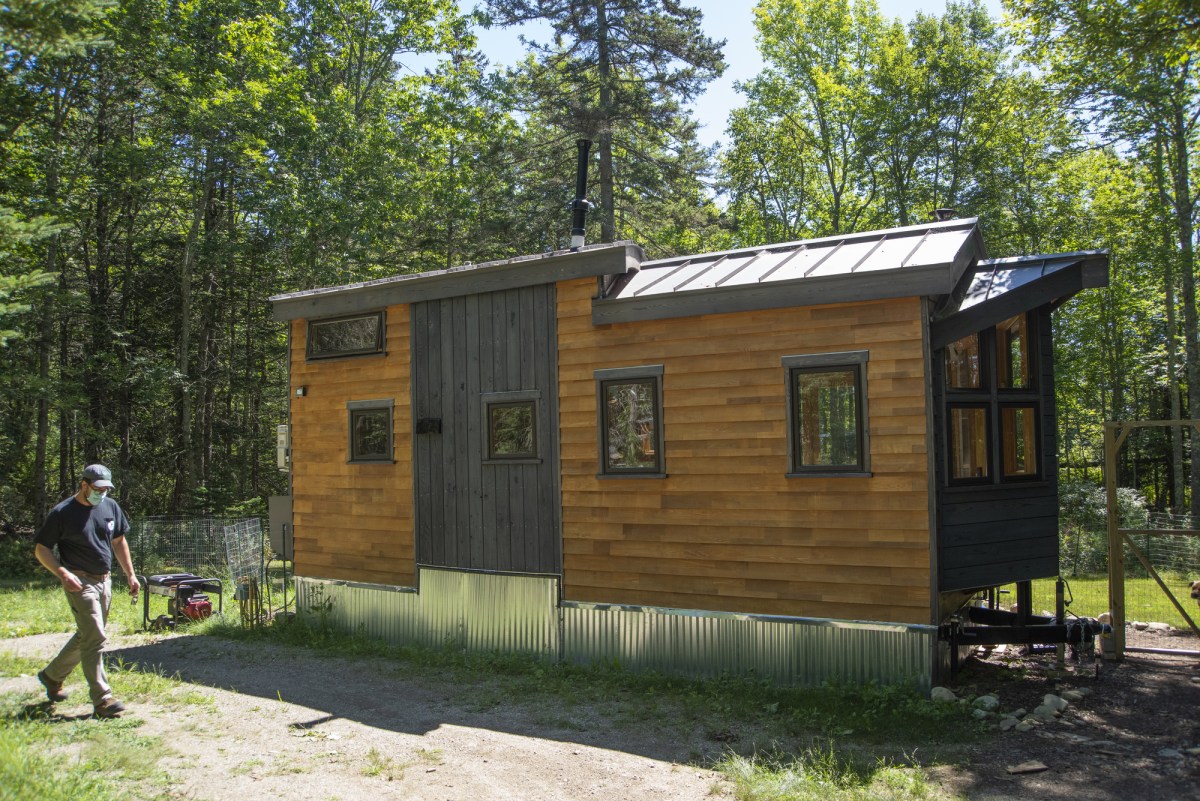
The state says the floating camps are blocking the views from houses and camps onshore, posing pollution risks, and creating congestion at public docks and boat ramps. Some are even being used as seasonal rental properties.
Because they are not solidly onshore, these camps are beyond the reach of private property boundaries and shore regulations that protect the water and fishery from pollution. And because Maine doesn’t have a clear definition of what is a boat and what isn’t, there’s no consensus of what regulations apply to the structures.
Source: Bangor Daily News

